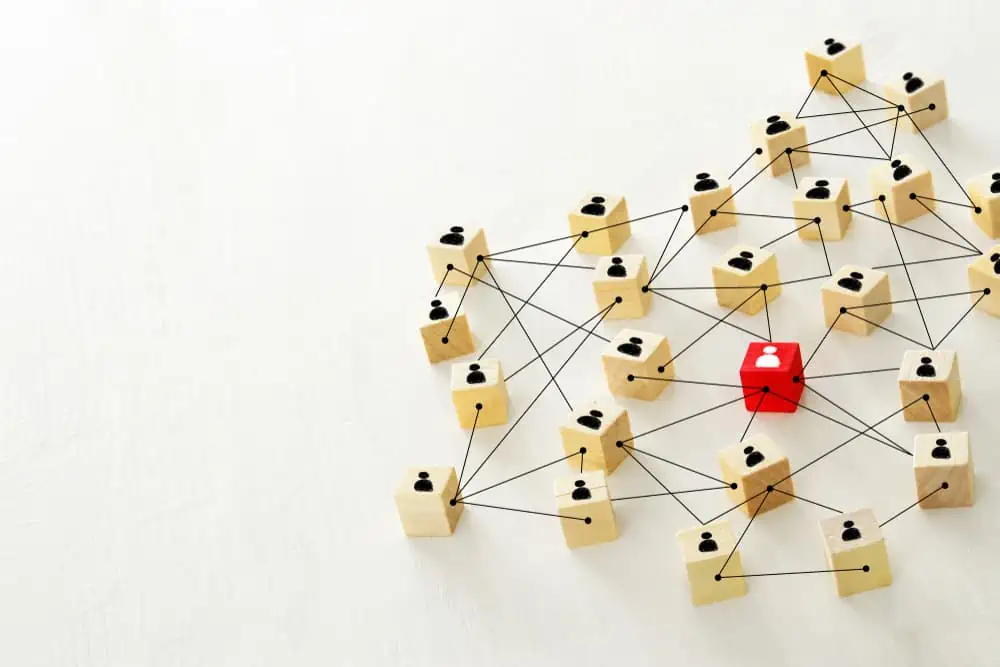October is Mental Health Month - a timely reminder that wellbeing isn’t just an individual pursuit. It’s a collective responsibility.
We tend to think of mental health as something personal or internal. Managed through self-care routines, mindfulness, or a few sessions with a therapist when things get heavy. And while those things matter, they’re only part of the story.
Because here’s the truth: mental health is social health.

Psychotherapist Esther Perel puts it simply: “The quality of your relationships determines the quality of your life.”
In the workplace, that couldn’t be more true. We spend most of our waking hours with colleagues - on video calls, in meetings, in the grind - and yet we often underestimate the emotional impact of these interactions.
Having a voice in the room. Trusting your team. Knowing your manager has your back. These aren’t perks - they’re pillars. When they’re missing, mental health suffers and not because people are weak, but because people are wired for connection.
In fact, one of the biggest protective factors against burnout isn’t how many yoga classes you take or how often you log off, it’s how supported and connected you feel. Social disconnection - feeling unseen, excluded, or misunderstood - is often the real wound behind disengagement, anxiety, and emotional exhaustion at work.
So what do we do about that? We build relational intelligence.
Relational intelligence is the capacity to read the emotional field, respond to others with empathy and intention, and repair when things go wrong. It’s knowing how to hold space for someone’s struggle without needing to fix it. It’s being aware of how your energy affects the room. It’s setting boundaries that respect both yourself and others.
And it’s being willing to say, “I got that wrong” without defensiveness.
This begins with something even more fundamental: self-awareness.
If you don’t know how you react under pressure, or what impact your tone has on others, or why certain interactions leave you drained or triggered, it’s very hard to lead well. You can be brilliant at strategy, but if you’re not managing your internal state, your influence will be limited. Trust will be shaky and culture will stall.
When leaders start paying attention to how they show up - emotionally, energetically, relationally - everything starts to shift.
They lead with more clarity and less control, communicate with more honesty and less defensiveness, creating teams that don’t just perform - they thrive.
Here are a few questions to spark your own reflection:
- When was the last time you asked someone how they’re really doing - and slowed down enough to hear the answer?
- Do people feel safe disagreeing with you?
- When stress is high, do you lean in with curiosity or shut down with judgment?
- Are you as committed to building trust as you are to hitting targets?
Relational leadership isn’t about being nice. It’s about being real - cultivating trust, respect and care that holds steady through challenge and change.
Because in the end, culture is just a network of relationships. And leadership is about the emotional tone you set.
One conversation can change a career
This Mental Health Month, let’s remember that wellbeing is a shared responsibility, and connection is the antidote to burnout.
Our new flash mentoring platform, Career Connect, aims to build the kind of relational culture our industry needs. By signing up as a Career Connect mentor and sharing your time and insights, you’ll not only support emerging talent, you’ll strengthen the social fabric of our profession.

For more great content from Yolanda and the Future IM/Pact team, subscribe to our newsletter.
Share: